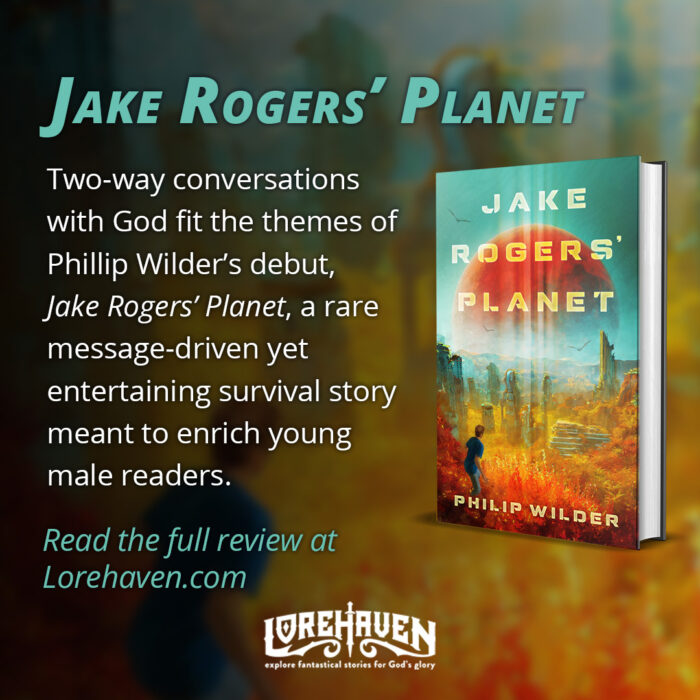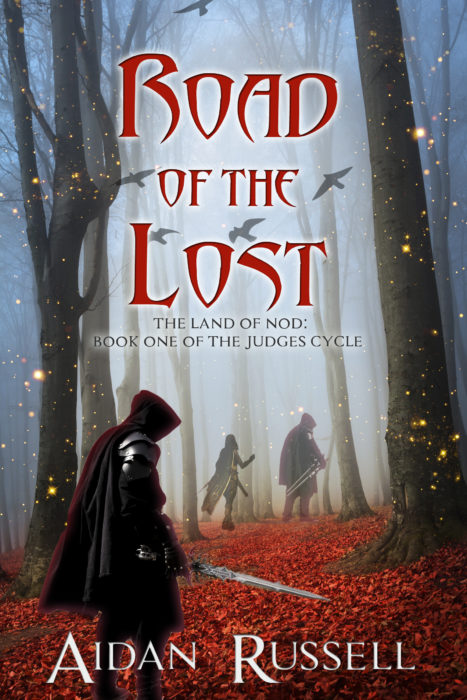(Sponsored Review) Road of the Lost
Every knight must have a quest. Jerah and Gratas might have hoped for better than chasing lost knights and lost Elven crystals through a haunted forest, with a condescending Elf for company and man-eating Ogres to make things interesting.
But a knight pursues his quest until it ends—or he does.
In Road of the Lost, Aidan Russell creates action-driven fantasy of all the good old things: knights, damsels, Elves, monsters, magic.
But despite all these sturdy standbys, the novel never has quite the feel of classic fantasy. Vampires and animated skeletons add a light shade of horror, and the fast pace and vivid sequences of violence suggest a video-game aesthetic.
The world-building is extensive, with politics, history, and religion all tangling together. At times, too many names and too little clarity foster confusion.
Aidan Russell self-published Road of the Lost in 2018. He’s a Marine Corps veteran and a fantasy fan since childhood.
Road of the Lost opens with a vignette of Cain and occasionally resorts to terms like saint, church, Pharisee, and Knights Templar. Although the main protagonists are deeply religious, Christianity has almost no presence in this novel. Instead, the religion practiced and proclaimed is thoroughly pagan, from its many gods to its incantations and magic. The final scene suggests that there is a religion of only one God almost lost among other faiths. If so, this concept is held over for the sequel.
Although it turns to religion and international politics, Road of the Lost is above all an intense fantasy, moving rapidly from one action sequence to the next.
Best for: Adults as well as any fans of fantasy, elves, quests, and video games.
Discern: Frequent battles; graphic violence, often including dismemberment; and moderate language.

































Have you read (Sponsored Review) Road of the Lost ? Share your own review.